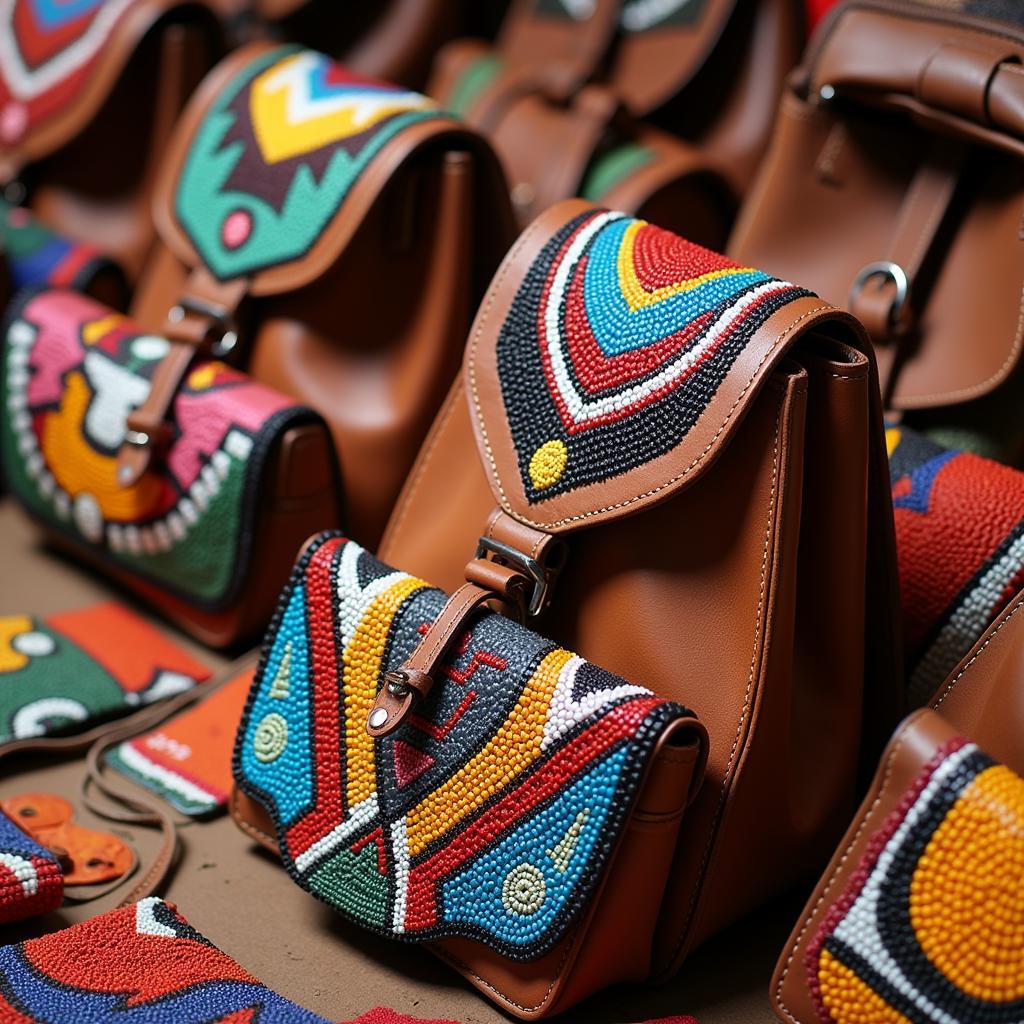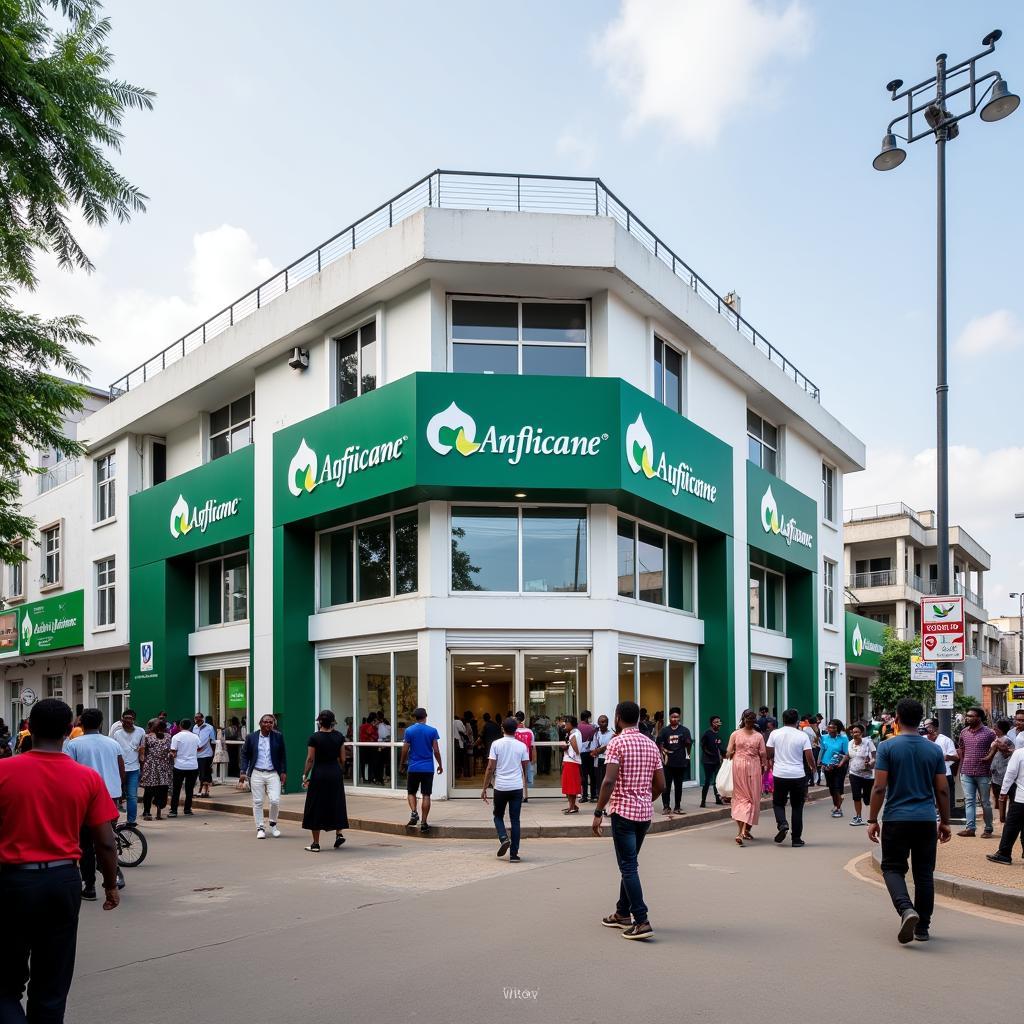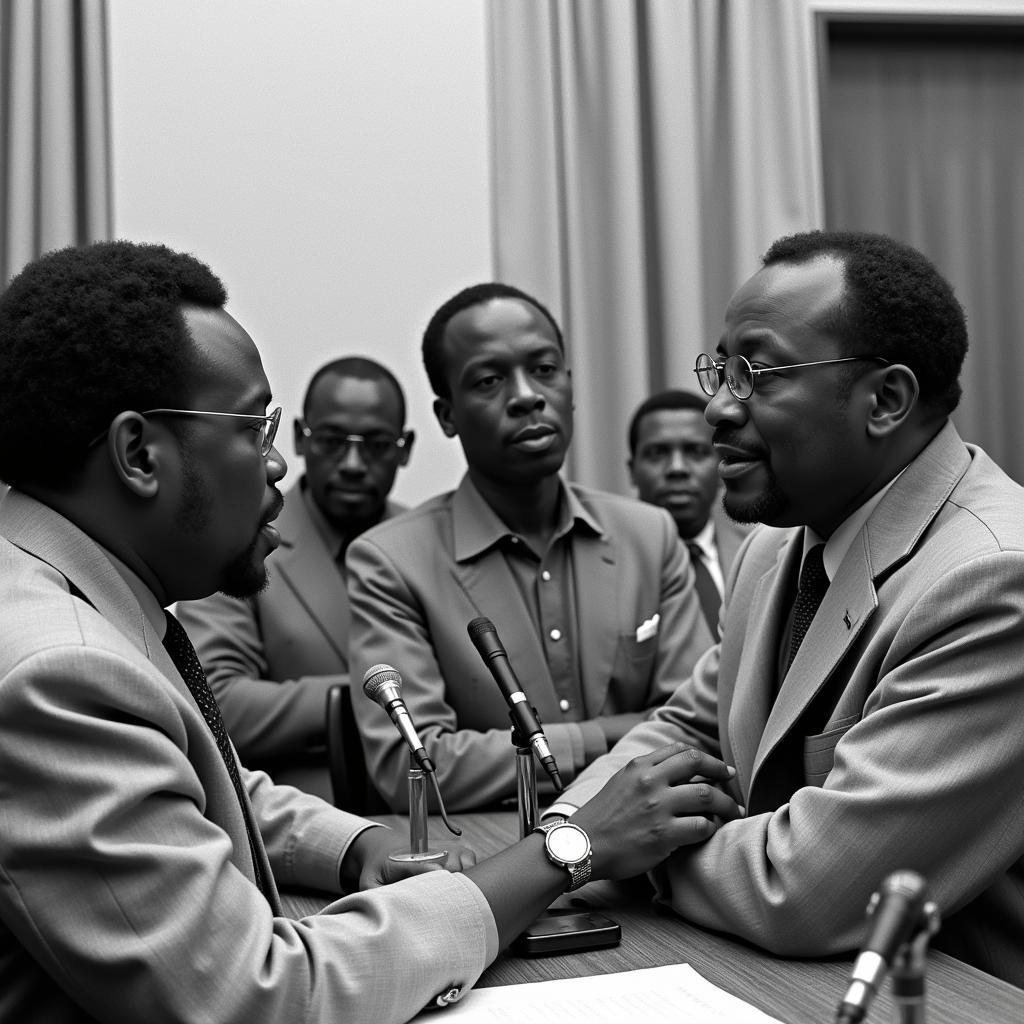The African Boy Dancing Meme: From Viral Sensation to Cultural Commentary
The “African Boy Dancing Meme” has taken the internet by storm, showcasing the infectious joy and vibrant energy often associated with African culture. But what lies beneath the surface of these viral sensations? This exploration delves into the origins, evolution, and cultural implications of the African boy dancing meme, examining its impact on global perceptions and sparking conversations about representation, appropriation, and the power of digital media.
Unpacking the Phenomenon: More Than Just a Dance Move
The African boy dancing meme typically features a young boy, often dressed in traditional clothing, moving rhythmically to upbeat African music. The sheer exuberance and unadulterated joy radiating from these videos have captivated audiences worldwide, generating millions of views, shares, and remixes. But to dismiss them as mere entertainment would be to overlook their deeper cultural significance.
A Celebration of African Identity and Heritage
These memes offer a glimpse into the rich tapestry of African culture, highlighting the continent’s vibrant music and dance traditions. They challenge stereotypical narratives often associated with Africa, replacing images of poverty and hardship with expressions of joy, resilience, and cultural pride.
Bridging Cultures Through Shared Laughter and Joy
The universal language of music and dance transcends geographical boundaries, connecting people from all walks of life. The infectious energy of the African boy dancing meme has resonated with a global audience, fostering cross-cultural understanding and appreciation. It serves as a reminder that despite our differences, the human experience is interconnected through shared emotions.
Navigating the Ethical Landscape: Representation and Appropriation
While the popularity of the African boy dancing meme offers a platform for positive cultural exchange, it also raises important questions about representation and appropriation. It is crucial to engage with these memes responsibly, ensuring that they are not detached from their cultural context or used to perpetuate harmful stereotypes.
Amplifying African Voices and Perspectives
It is essential to acknowledge and credit the creators of these memes and to prioritize their voices in shaping the narrative. Supporting African content creators and promoting authentic representations of African culture are vital steps towards responsible engagement.
From Viral Trend to Meaningful Dialogue
The African boy dancing meme presents an opportunity for dialogue and learning. By engaging with these memes thoughtfully and respectfully, we can foster greater cultural sensitivity and appreciation, transforming a viral trend into a catalyst for meaningful cross-cultural exchange.
Beyond the Meme: Exploring the Diversity of African Dance
While the meme focuses on a specific style, it’s important to remember the vast diversity of dance forms across the African continent. From traditional ceremonial dances to contemporary styles, African dance encompasses a rich history and cultural significance.
Delving Deeper: Resources for Further Exploration
- african boy meme video: Discover a curated collection of captivating African boy dancing meme videos.
- african boy funny images: Explore a collection of humorous images related to the African boy dancing meme.
Conclusion: Celebrating Culture Through Digital Expression
The African boy dancing meme, with its infectious energy and undeniable charm, has become a global phenomenon. By approaching it with cultural sensitivity and a willingness to learn, we can celebrate the richness of African culture while fostering meaningful cross-cultural connections. Let’s continue to explore, appreciate, and engage with diverse cultural expressions in the digital age.



